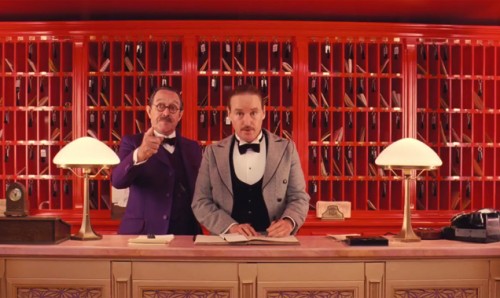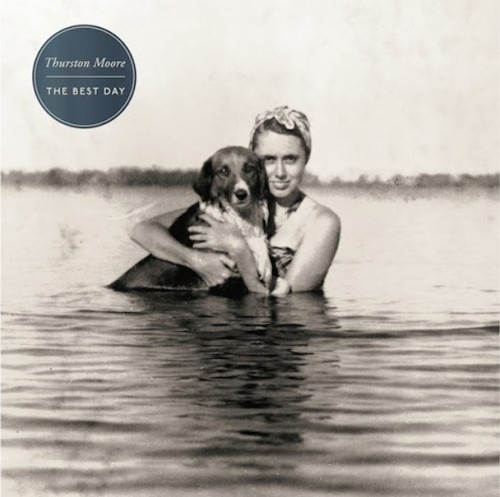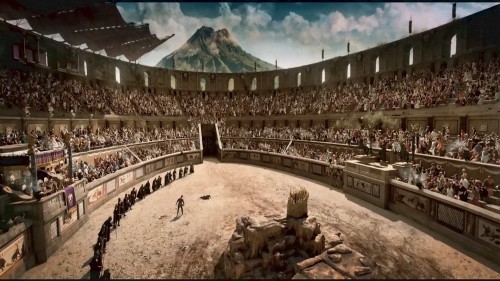By Greg Popil
Has there ever been a writer/director whose films bridge a wider gulf between what should not work and what does work than Wes Anderson? In the years since his 1998 breakthrough masterpiece “Rushmore,” Anderson’s films have grown more and more stylized, with self-consciously showy set pieces and characters that all but huff and puff as they run to hit their marks. All that’s missing is a giant neon sign with the words YOU ARE WATCHING A FILM PRODUCTION hanging over the characters (and don’t think that he would be above doing just that if he thought it would produce a whimsical laugh).
And yet, his movies work, largely because he counterbalances the forced artificiality of his visuals with some of the most heartfelt characters and dialogue ever committed to the screen. His latest, “The Grand Budapest Hotel,” opens with an insanely ambitious Russian nesting doll storytelling structure that’s too convoluted to explain entirely, finally settling four levels down at the titular hotel. There we meet M. Gustave, the demanding yet kind manager, who takes under his wing a young lobby boy named Zero (played as a young boy by Tony Revolori and as an older man in Level 3 of the story by F. Murray Abraham). At the same time, Gustave’s elderly lover (a completely unrecognizable Tilda Swinton) dies and changes her will to leave Gustave a priceless painting, to the chagrin of her family, led by her son Dmitri (Adrien Brody).
Now, there’s no denying that a lot of the movie’s key beats are retreads for Anderson. Edward Norton’s firm but kind authority figure is a military version of almost exactly the same character he played in 2012’s excellent “Moonrise Kingdom,” and the miniature, doll-house like tours of the hotel play much like the pull-apart model of the boat in “The Life Aquatic with Steve Zissou,” as do the matter-of-fact shootouts near the end, though those are so much fun that it hardly matters. The biggest recurring theme, however, remains Anderson’s strong nostalgia for the aging wrecks of a past for which he was not even alive. Late in the movie, Gustave, having been removed from his position and thrown into jail, apologizes to Zero for a slight, saying that his actions were unbecoming of the hotel that they both loved. In this moment, it is impossible not to hear Max Fisher and his adoration for Rushmore Academy, or the Tenenbaum family lionizing their own fading glory.
That said, all of Anderson’s strengths as a filmmaker remain on full display. The visuals are a delight, especially the hotel itself, a beautiful testimony to the relics that Anderson loves so much. His low-key style meshes well with the mountainous Eastern European backdrop (one quibble: I wish that the majority of the movie, the Level 4 flashback, had not been filmed in a 4:3 full-frame ratio. The idea to film every level of the flashback in a lower quality camera style is an interesting one, but the sets and locations are so beautiful that it would have been nice to see more of them).
The cast, for the most part, is also aces. Fiennes looks positively liberated to be playing a role for laughs after years alternating between sneering villains and stuffy Merchant Ivory-style period pieces. His whiplash-inducing shifts between reserved, poem-reading civility and blunt vulgarity are a highlight. Revolori and Abraham look nothing alike but play Zero with the same devilish twinkle, and “Atonement” and “Hanna’s” Saoirse Ronan continues Anderson’s fine tradition of strong, independent females (he should finally write a movie with a woman in the lead role!). The cast MVP, however, has to be awarded to Willem Dafoe. As the thug Jopling, Dafoe channels decades of creepy roles and comes up with one of his best villainous performances ever. One foot chase ends with a moment of casual violence that is so bluntly shocking the entire theater let out a collective gasp (I like to imagine, for that scene at least, that Anderson is playing homage to last year’s brilliant “Saturday Night Live” sketch about him directing a horror movie). He then leads the protagonists on a mountain ski chase that is so exciting it makes a convincing case for Anderson as a crack action movie director.
In the end, “Grand Budapest Hotel” will probably not be remembered as one of Anderson’s best movies. The film makes some bold moves on the micro level, but feels too derivative to be elevated to the level of his earlier masterpieces. The gap between “shouldn’t” and “does” work is still bridged, but that bridge could stand to be reinforced with some new ideas.
Rating: 55/81




Leave a Reply